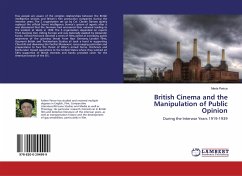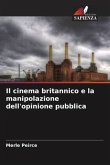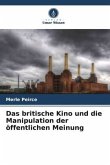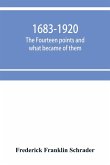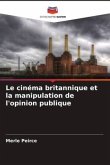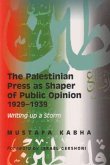Few people are aware of the complex relationships between the British intelligence services and Britain's film production companies during the interwar years. The Z organisation set up by Col. Claude Dancey quietly replaced the official Secret Intelligence Service's system of agents after it was discovered that the Germans had uncovered their network leading to the incident at Venlo in 1939. The Z organisation depended on reports from business men visiting Europe and was materially assisted by Alexander Korda. Alfred Hitchcock directed a series of films aimed at increasing public awareness of the growing threat from Nazi Germany. London Films, Gaumont British and Twickenham Studios all took a hand in supporting Churchill and disarming the Pacifist Movement, encouraging patriotism and preparations to face the threat of Hitler's armed forces. Hitchcock and Korda later moved operations to the United States where they worked on films supportive of British interests and Korda providedcover for the American branch of the SIS.
Hinweis: Dieser Artikel kann nur an eine deutsche Lieferadresse ausgeliefert werden.
Hinweis: Dieser Artikel kann nur an eine deutsche Lieferadresse ausgeliefert werden.

